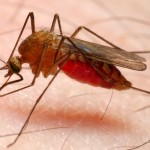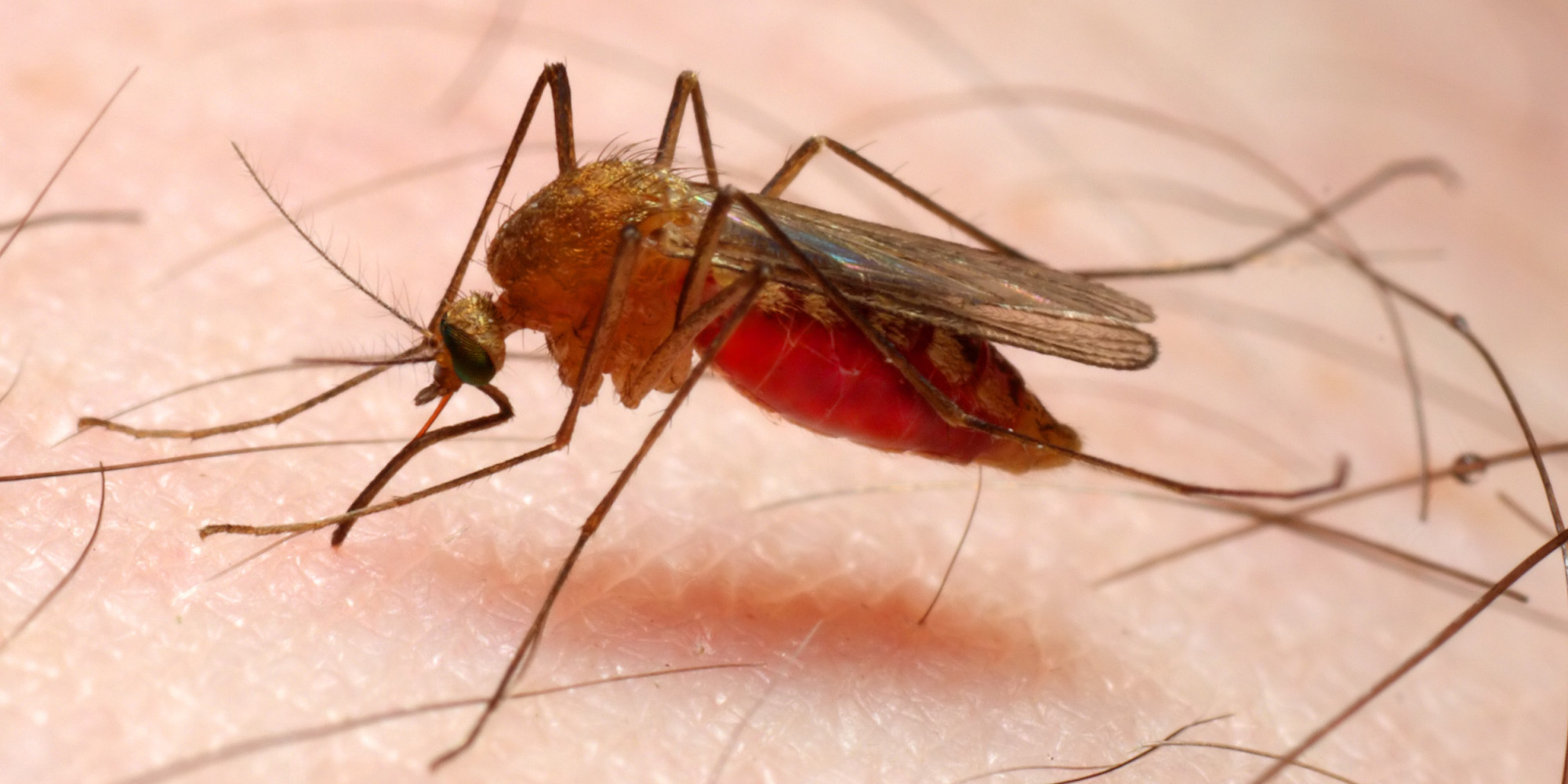By Haruna Gimba
For African leaders to eliminate malaria from the continent, they require additional funding from within affected countries, because of reduction in the Global Fund allocations
According to an analysis written by Mr. Nathan Magume and posted on AIDSPAN portal, there has been significant progress towards malaria elimination in sub-Saharan Africa. “However, in light of the recently released 2017-2019 Global Fund country allocations, many of which indicate marked reductions in malaria funding, government planners, strategists and policy makers should be proactively discussing how to sustain the gains that have been made,” Mr. Magume said in the analysis.
According to the World Health Organization’s 2016 World Malaria Report, funding for malaria increased each year from 2005 to 2010, but has subsequently fluctuated, with totals for 2014 and 2015 lower than 2013 (Figure).
In Africa, just 25% of malaria funding comes from domestic governments, compared to 33% from the Global Fund and 29% from the United States Agency for International Development.

He said: “The Global Fund’s 2017-2019 funding cycle seemed to have the right rhythm for the African Constituencies, beginning with the acceptance of the forwarded recommendations to the Global Fund Board
meeting in November 2016.
“The approval of $800 million for catalytic investments was also welcome news, the largest portion of which ($202 million) will go towards national, regional and other strategic malaria programming.”
He said past experience has shown that despite registering economic growth and increasing their domestic funding, the need continues to outpace increases in domestic funding.
“Many African countries consistently fail to meet their Abuja commitment to dedicate 15% of their annual budgets to health. This trend needs to change for African countries to keep the current momentum in the fight against malaria,” he said.
Mr. Magume said to eliminate malaria for good will require additional funding that must increasingly come from within affected African countries.
“Greater impact can be achieved when resources are pooled, pooling of resources and integration of activities remains the ultimate test for African countries at a time when malaria funding is dwindling.”
Adding that, “Despite funding challenges, key milestones in the fight against malaria have been achieved. For example, malaria-related deaths among children under five years have decreased globally by 69% to 303,000 between the years 2000 to 2015. Overall, the number of new cases fell by 21% between 2010 and 2015, mortality rates fell by 29% globally, and by 31% in the African region.
“Winning the fight against malaria will call for mobilization of more resources. In order for the global goals to be met, and for the Global Fund to achieve its targets in its 2017-2022 Strategy, the Fund must play a leadership role in mobilizing increased resources for malaria – from both domestic and international sources,” Nathan Magume
concluded.




